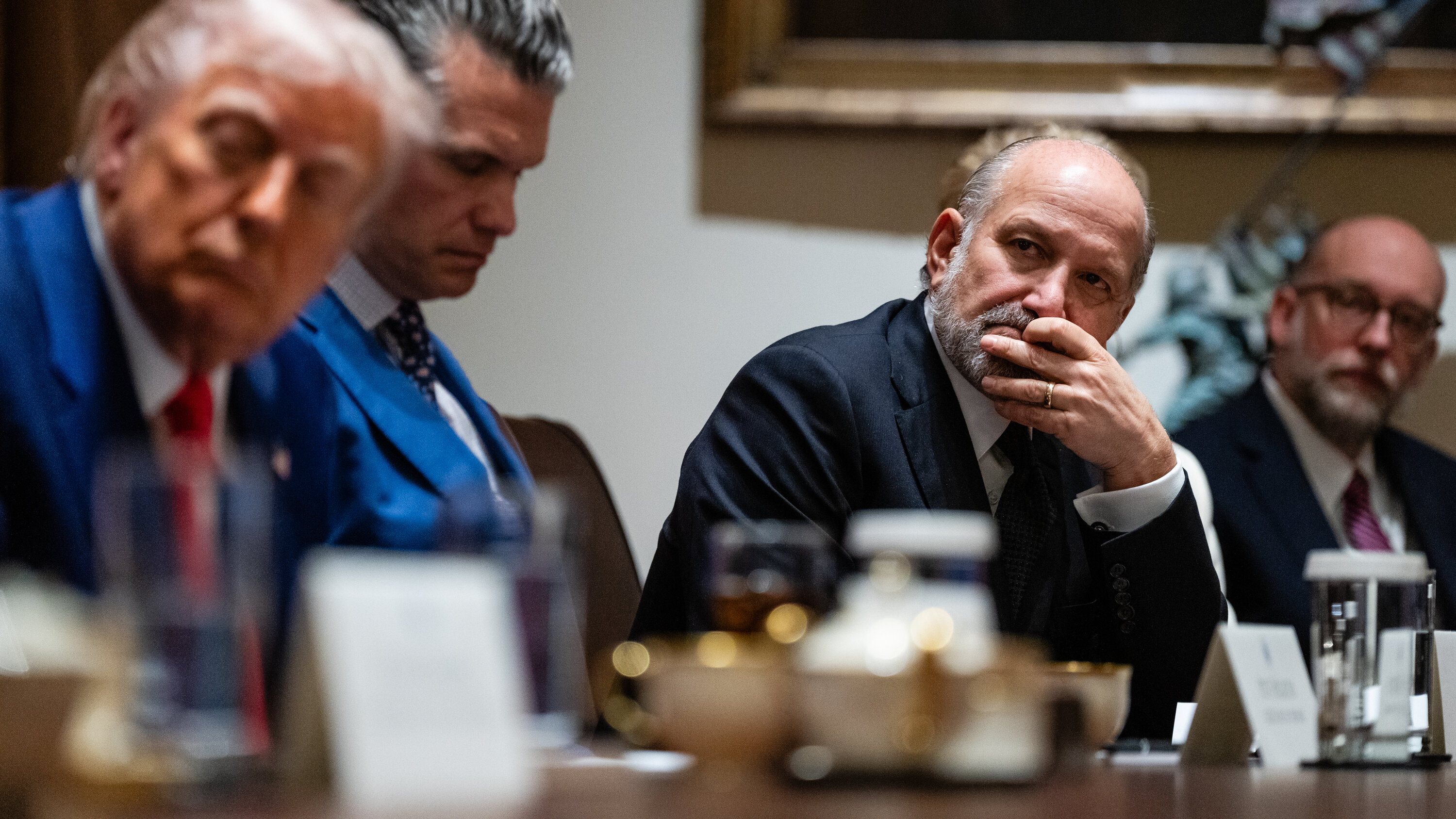Trade Titan: How Trump's Economic Strategist Reshapes Global Commerce

In the complex world of international trade, Howard Lutnick has emerged as a pivotal figure, wielding significant influence over tariff negotiations. As companies scramble to navigate the challenging landscape of global commerce, Lutnick has become the go-to intermediary for businesses seeking relief from punishing trade barriers.
However, his approach is far from predictable. While many corporate leaders hope for a sympathetic ear, they quickly discover that Lutnick's allegiance is not always aligned with their immediate interests. His nuanced strategy often involves carefully balancing corporate concerns with broader economic objectives, creating a dynamic and sometimes unpredictable environment for trade negotiations.
Companies approaching Lutnick find themselves in a high-stakes chess match, where diplomatic finesse and strategic positioning can make the difference between substantial financial relief and continued economic pressure. His role as a key decision-maker has transformed him into a powerful and somewhat enigmatic figure in the realm of international trade policy.
